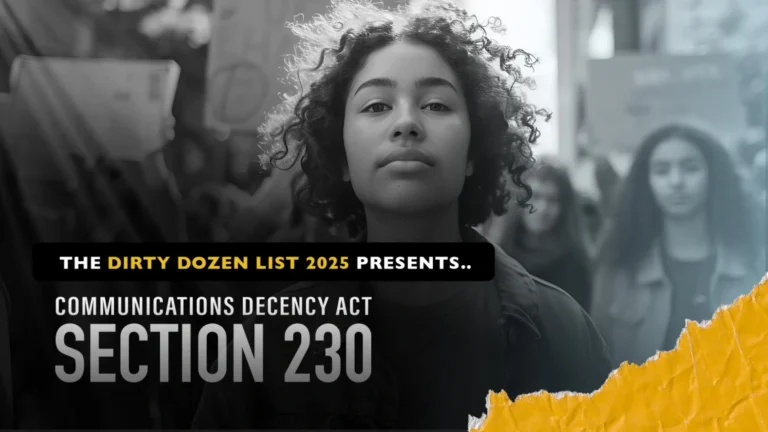In another government shot across the bow at edge providers, the bipartisan Fight Online Sex Trafficking Act (FOSTA) has passed the Senate 97 to 2. It passed the House last month, and now heads to the President’s desk, where it will get a warm reception.
“President Donald J. Trump applauds the Senate for passing H.R. 1865, the Allow States and Victims to Fight Online Sex Trafficking Act,” the White House said of passage. “This bipartisan piece of legislation takes an important step forward in fighting the despicable act of human trafficking. The legislation empowers Federal, State, and local prosecutors to hold websites accountable for supporting the sale of sex trafficking victims.”
The White House was also taking credit for the bill. “Over the last year, the President and his Administration have worked closely with Members of Congress, industry experts, and human trafficking survivors to develop a comprehensive series of bold actions, including this legislation, to end modern slavery in all of its forms.”
The bill, which includes the Senate’s Stop Enabling Sex Traffickers Act (SESTA) as an amendment, makes social media and other sites liable for “intent to promote or facilitate” sex trafficking.
The bill amends Sec. 230 of the Communications Decency Act to clarify that that section, which says internet services cannot be held liable for the actions of third parties, does not prevent enforcement against providers and users of the federal and state laws against sex trafficking. Sec. 230 allows companies to moderate a network without being responsible for all the content posted on it.
Some big edge providers—Google, Facebook, Amazon–have argued the bill’s unintended consequence is to take a big bite out of the user-generated web traffic comprising the majority of interactions on the web, from blogs to social media posts to picture-sharing.
The bill makes it clear that social media nets and their users are subject to federal and state criminal and civil laws relating to the sexual exploitation of kids and sex trafficking.
Edge providers and computer companies are worried that broad liability for user content strikes at the heart of the social media business model, including by leaving it unclear exactly what will be defined as facilitating illegal conduct and what constitutes reckless disregard or promotion of sex trafficking.


